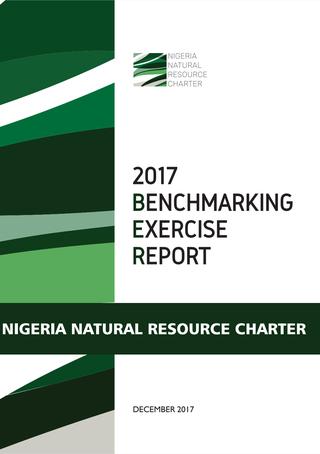This report is the third in the series of benchmarking exercise reports produced by the Nigeria Natural resource Charter (NNRC); carried out to provide an assessment of governance of Nigeria’s petroleum wealth. The first two exercises were conducted and published in 2012 and 2014 respectively. It uses the NRC framework, developed by a diverse set of internationally renowned experts on natural resource management to conduct the assessments. In 2016, the framework was revised to aid a more contextual and detailed approach in obtaining results so as to ensure accurate analysis of the resource sector. This revised framework is the basis for the 2017 edition of the exercise. It analyses the governance of petroleum wealth in Nigeria and identifies crucial changes that have taken place in the sector since the last benchmarking exercise was conducted.For the 2017 edition, the NNRC entered into a partnership with a consortium of organisations.
CSEA contributed to four precepts in the report:
- Precept 5: Local impacts:The government should pursue opportunities for local benefits and account for, mitigate and offset the environmental and social costs of resource extraction projects.
- Precept 6: State-owned enterprises:Nationally owned companies should be accountable, with well-defined mandates and an objective of commercial efficiency.
- Precept 7: Investing for growth: The government should invest revenues to achieve optimal and equitable outcomes, for current and future generations.
- Precept 8: Stabilizing expenditure:The government should smooth domestic spending of revenues to account for revenue volatility.

